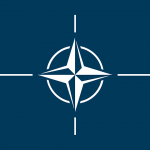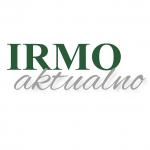Hotel Dubrovnik, Zagreb
December 3, 2010
This project was funded, in part, through a grant from the U.S. Embassy Zagreb. The opinions, findings and conclusions or recommendations expressed herein are those of the Author(s) and do not necessarily reflect those of the Department of State. NATO has undoubtedly been the most successful political-military alliance in recent history. Despite the fact that it managed to adjust to challenges of the international relations in the post-Cold War period, it is obvious that it is currently facing serious ones that require a new, if possible common, approach. All this brings us to the conclusion that NATO needs new strategic guidelines that would contribute to its functionality and visibility at the global scale. Given the changed environment and existing challenges to security of wider euroatlantic region, it is obvious that NATO’s New Strategic Concept is being developed in difficult circumstances. At the NATO Lisbon Summit in November 2010, the new document is adopted by heads of the 28 member states, hence determining the framework of strategic positioning of the Alliance in the decade to come. The obvious importance of the aforementioned document highlights the need for its appropriate understanding. This is exactly what encouraged the Institute for International Relations, with the generous support of the Embassy of the United States in Croatia and NATO Public Diplomacy Division, to organize the international conference entitled “The New NATO Strategic Concept – Challenges and Perspectives” in Zagreb on 3rd December 2010 with the following agenda.
DOWNLOADS






